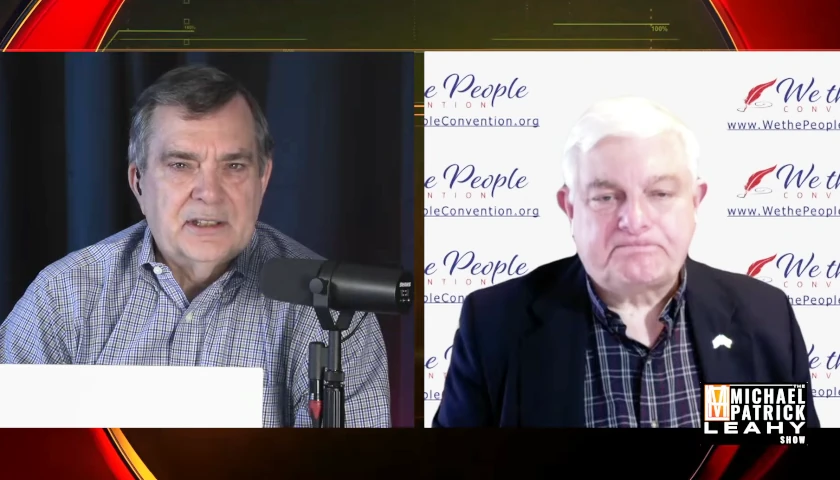The Fifth District Court of Appeals on Thursday issued a stay for the controversial “Corporate Transparency Act,” which would require 33 million small business owners file “beneficial ownership reports” with the federal government by January 1, 2025, under penalty of up to $250,000 in fines and five years in prison.
The order by the Fifth District reversed the previous decision from a three-judge panel on the Fifth Circuit, who on Monday reversed the December 3 preliminary injunction imposed by District Judge Amos Mazzant in Texas, which blocked enforcement of the law until the courts reached their final decision.
The court said it will issue a schedule for the expedited appeal in the coming days. Prior to the Thursday order staying the law, the deadline for small businesses to file ownership reports was extended to January 13, and business owners could still be required to file by that date if the court rules to uphold the provisions of the CTA in the expedited appeal prior to the January 13 extended deadline. Alternatively, the ruling in the expedited appeal could come after January 13. However, if the court rules in the expedited appeal, the issue could subsequently be raised for consideration by the Supreme Court by either party.
The plaintiffs in the lawsuit seeking to prevent the law from being enforced include businesses and groups from Texas, Mississippi, and the Tennessee-based National Federation of Independent Business, who applauded the Thursday decision.
Cory Liu, a civil litigation attorney and adjunct professor at the University of Texas School of Law, told The Tennessee Star the plaintiffs would have been forced to comply with the law they were suing to reverse prior to the ruling.
“On December 23, a three-judge panel of the Fifth Circuit granted that motion, meaning the law would go into effect while the appeal was pending. That means that businesses would have to submit the paperwork they were suing not to have to submit,” said Liu. “You can see how that would obviously frustrate their ability to have their day in court. The panel also expedited the case.”
He told The Star, “On December 26, the three-judge merits panel that then received the case decided to overturn the motions panel’s decision, meaning the injunction stays in effect, i.e., the law is blocked, while the appeal is pending.”
The lawyer and professor explained that the court could still eventually uphold the law, allowing the federal government to force small businesses to disclose their ownership.
“So what happened behind the scenes? The initial three-judge motion panel thought the law should go into effect while the appeal was pending, probably because they didn’t think the arguments raised in the case were strong enough to block the law. The later three-judge wanted the law to be blocked while the court took more time to consider the arguments. That doesn’t necessarily mean they agree that the law needs to be invalidated by the court,” Liu told The Star.
“Rather, it means they thought the arguments were at least serious enough that it was worth pausing the law to look at them more fully.”
Liu wrote in a post to the social media platform X, “This means the injunction of the Act will remains in place, and businesses will not have to comply during the pendency of the appeal.”
In a September appearance on The Michael Patrick Leahy Show, Job Creators Network CEO Alfredo Ortiz told Star News Editor-in-Chief Michael Patrick Leahy that the legislation specifically targets small business owners.
“Large corporations have been carved out of it, so it’s only small businesses that have to comply – the ones that are probably going to be hit with the most burdensome regulation of all,” Ortiz told Leahy.
He warned, “You’re going to have millions and millions of small business owners that will be fully exposed to the federal government coming, knocking at their doors, arresting them, or fining them.”
– – –
Tom Pappert is the lead reporter for The Tennessee Star, and also reports for The Pennsylvania Daily Star and The Arizona Sun Times. Follow Tom on X/Twitter. Email tips to [email protected].






This Corporate Transparency Act sounds like a good idea for corporations large and small. It can be compared to the effects of FATCA on individual US citizens, wherever they are worldwide . Corporate America just stood by and did nothing when that passed… so no sympathy here.